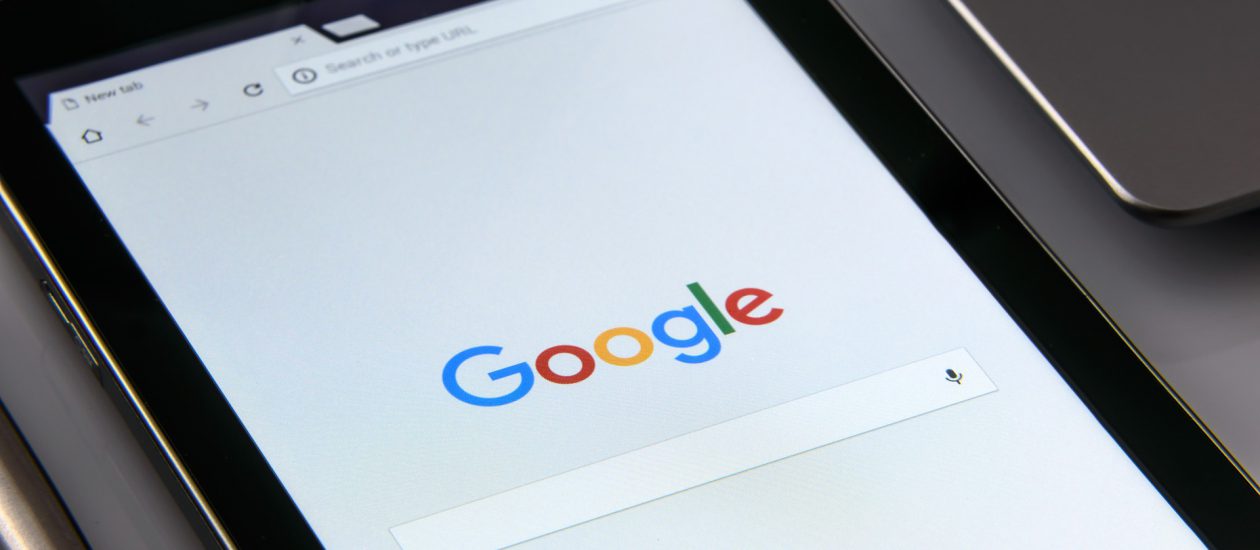The confirmation last week that Google had acquired Kaggle sent shock waves through the data science community. Whilst such wholehearted endorsement from one of the world’s biggest tech companies confirms what we at Pivigo already know – Data Science communities are the hottest ticket in town — and there are many great benefits for both businesses, so what does Google and Kaggle actually mean for the data science community?
The Rise Of Kaggle
Launched in 2010, Kaggle is one of the largest platforms for data scientists. It’s a site that hosts machine learning competitions and data science contests as well as maintaining a jobs boards for data scientists. Initially set up to help predict voting patterns for the Eurovision Song Contest, Kaggle quickly developed into a widespread community, recognised for open data platforms and its own contests. Kaggle and Google had worked together recently to launch a machine learning competition that required participants to create classification algorithms for specific YouTube videos.
So What Is Google After?
Though there were some innovative tech developments that came out of Kaggle (most notably the ‘kernels’ source code used for all their competitions), it’s clear that the acquisition was largely driven by access Kaggle’s data science community. The Google and Kaggle deal is a purchase of a large community of data scientists from across the globe and this gives the company access to a lot of raw (and largely untapped) talent.
But what is Google’s vision for this talent? It could be that the company sees the talent pool as a continuation of the ‘crowdsourced’ development model, where competitions bring together thousands of bright minds to solve problems. Through the acquisition, these minds will now be working exclusively for Google projects. Alternatively, as a former Kaggle founder Simon Schneider has suggested, Google may be predominantly motivated by the enormous data science recruitment pool, to directly in-house talent and take a competitive leap over their machine-learning competitors:
“For the crowdsourcing industry, this means that the real value of the Kaggle platform to Google might not be the IP, the rent-a-crowd model, or the business model but owning the crowd itself and the active community, from which Google can do some critical recruiting.
Why recruiting? Google has to keep snapping up the brightest talents in AI and deep learning as it competes with other companies like Pinterest, IBM Watson, and Facebook for the best AI talent worldwide.
Simon Schneider-“What the Kaggle acquisition by Google means for crowdsourcing”
Good News For Data Science?
It is fair to say that the acquisition has been received positively from a commercial perspective. It’s certainly raised the profile of data science and likely paves the way for other big players in the market to look at their own data science strategies. Google themselves are clearly enthused about the acquisition. Their Google Cloud AI and machine learning’s chief scientist, Fei Fei Li, remarked
“the barriers to entry for artificial intelligence must be lowered and made available to the largest possible community of developers”
The acquisition of Kaggle, a leading data science community, certainly fits the bill. In an interview with the E-Commerce Times, Rob Enderle, the principal analyst with the Enderle group was also keen to highlight the potential for Google to further its success whilst laying out numerous benefits for the data science community. Through the acquisition, Enderle commented that Google had secured “unique access to information advancing the technology and allowing them to, over time, effectively mine information resources — thus ensuring their financial dominance over the Internet”.
Community Is Key
However, some in the industry are concerned that one of the reasons that Kaggle grew organically to more than 800,000 users — the independent community aspect — could disappear as a result of this acquisition. Kaggle was created and developed with diversity at its core, and the uniformed and global presence of Google may be a deterrent for some users, who have already suggested that they will leave Kaggle in favour of competitor platforms and less Google-centric communities and challenges.
At Pivigo we understand the importance of community — it’s a core part of our ethos — and although there are some parallels, we operate very differently to Kaggle. Our data science marketplace model aims to develop individuals into freelance data scientists. We still champion the use of challenges and competitions, to gain experience or brush up on skills but we also offer data science projects with real commercial entities and with the assurance that all data scientists are remunerated accordingly. And we build our community by training and mentoring academics, via our S2DS. This is achieved through taking on real-world data science projects that work alongside some of the world’s largest multinational firms as well as new start-up businesses and a host of industries in between.
Not many businesses have access to a team of data science experts from across the globe. To acquire a team of 800,000 is a smart move by Google, but it is important that they understand the importance of nurturing that community, or the competitive advantage will evaporate quickly.
Google and Kaggle
Google and Kaggle
